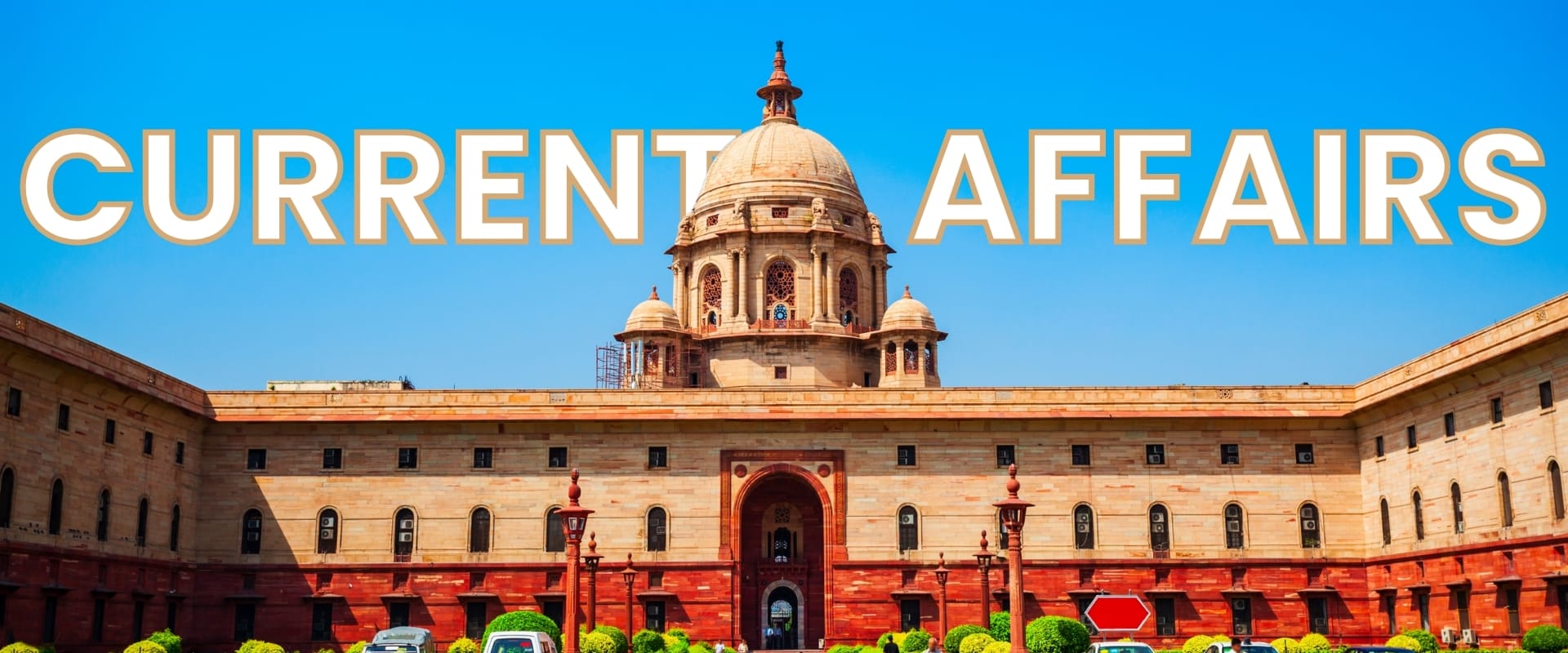Introduction
The Services Selection Board (SSB) Interview is one of the toughest and most prestigious selection processes for candidates aspiring to join the Indian Armed Forces as officers. Spread over 5 days, the SSB evaluates a candidate’s personality, psychology, leadership qualities, and officer-like traits. Among all these, effective communication skills play a crucial role in determining success.
Communication in the SSB is not just about how fluent you are in English or Hindi; it is about how clearly you convey your thoughts, how confidently you present yourself, and how effectively you listen to others. Whether it’s during the Personal Interview, Group Discussions, Lecturettes, or Psychological Tests, communication is the key that binds your performance together.
In this article, we will discuss practical tips to improve communication skills for the SSB Interview, along with how institutes like Doon Defence Dreamers in Dehradun help aspirants master this essential quality.
Why Communication Skills Matter in SSB
-
First Impressions: How you greet assessors, introduce yourself, and interact with peers sets the tone of your personality.
-
Leadership Qualities: Clear communication shows confidence, decisiveness, and the ability to inspire others.
-
Group Dynamics: In group tasks and discussions, strong communication helps you contribute meaningfully without dominating.
-
Clarity of Thought: Officers are expected to give clear instructions under pressure. Your ability to express thoughts logically is tested.
-
Confidence Under Stress: During interview questions or impromptu tasks, communication reflects your presence of mind and calmness.
Common Communication Challenges Faced by Aspirants
-
Lack of fluency in English.
-
Fear of speaking in front of others.
-
Use of filler words (umm, you know, etc.).
-
Inability to structure thoughts properly.
-
Overpowering others or remaining too silent in group tasks.
-
Poor listening skills, leading to irrelevant responses.
These issues can be overcome with consistent practice and the right approach.
Tips to Improve Communication Skills for SSB Interview
1. Enhance Vocabulary and Grammar
A strong vocabulary helps in articulating ideas better, while good grammar ensures clarity.
-
Read newspapers like The Hindu or Indian Express daily.
-
Maintain a vocabulary notebook. Write 5–10 new words and use them in sentences.
-
Practice writing short essays or summaries on current affairs.
2. Practice Speaking Daily
Speaking improves fluency and reduces hesitation.
-
Record yourself speaking for 2–3 minutes on any topic.
-
Practice lecturettes (short speeches of 3 minutes) on SSB topics like nationalism, current events, or social issues.
-
Speak with friends or family in English, even for casual conversations.
3. Work on Listening Skills
Communication is a two-way process. Active listening helps you respond logically.
-
Watch English news channels and debates (like Rajya Sabha TV or BBC).
-
Listen to podcasts or TED talks for tone, vocabulary, and delivery.
-
Practice summarizing what you hear in your own words.
4. Clarity and Brevity
Avoid long, confusing sentences. The SSB assessors value concise and precise answers.
-
Follow the PREP technique in answers: Point → Reason → Example → Point.
-
During group discussions, stick to the topic and avoid unnecessary repetition.
5. Overcome Stage Fear
Stage fear is common but can be reduced with practice.
-
Participate in debates, extempore, and group discussions in college or coaching.
-
Practice in front of a mirror or record videos to track progress.
-
Focus on breathing exercises to calm nerves before speaking.
6. Improve Body Language
Non-verbal communication is as important as verbal.
-
Maintain good posture while sitting or standing.
-
Make eye contact with assessors and group members.
-
Use hand gestures moderately to emphasize points.
-
Smile when appropriate; it shows confidence and positivity.
7. Think in English
Often, aspirants translate from Hindi or their mother tongue into English, leading to hesitation.
-
Try to frame thoughts directly in English.
-
Start with short sentences, then move to complex expressions.
8. Engage in Group Activities
SSB has multiple group tasks, so practicing teamwork and group speaking is essential.
-
Join study groups or mock GDs.
-
Learn to enter discussions politely and avoid cutting others mid-sentence.
-
Practice the art of agreement, disagreement, and presenting alternative views politely.
9. Read and Stay Updated
Most SSB topics revolve around current issues, defense awareness, and social themes.
-
Read about Indian Armed Forces, recent global events, and national policies.
-
Develop opinions on topics like women in the army, Make in India, or India’s role in global peacekeeping.
-
Having knowledge ensures confidence while speaking.
10. Seek Feedback
Feedback helps identify strengths and weaknesses.
-
After every practice session, ask peers or mentors for suggestions.
-
Work on tone, pronunciation, or repetitive errors.
Practical Exercises to Build Communication Skills
-
Daily Diary Writing: Write about your day in 200–300 words.
-
One Topic a Day: Speak for 3 minutes on topics like “Importance of Discipline,” “Digital India,” or “Leadership.”
-
Mock Interview Practice: Simulate SSB interviews with friends or mentors.
-
Reading Aloud: Read newspapers or books aloud to improve pronunciation and clarity.
-
Role Play: Practice officer-like scenarios such as giving orders to a team or briefing a group.
Doon Defence Dreamers: Building Communication and Confidence
While self-practice is important, structured guidance from experts can accelerate improvement. Doon Defence Dreamers, one of the best NDA and CDS coaching academies in Dehradun, focuses strongly on developing aspirants’ communication skills for the SSB Interview.
-
The academy conducts mock group discussions, interview sessions, and lecturette practice to simulate the SSB environment.
-
Special emphasis is placed on public speaking, vocabulary building, and personality development.
-
Mentors provide individual feedback on fluency, tone, grammar, and confidence.
-
The NDA Foundation Batch and specialized SSB Training Programs ensure that students begin early and gradually master communication along with academics and physical fitness.
By combining academic preparation with personality grooming, Doon Defence Dreamers ensures aspirants are not only knowledgeable but also effective communicators ready to impress at the SSB Interview.
Conclusion
The SSB Interview is not about memorizing answers; it is about showcasing your true personality, leadership qualities, and ability to express yourself clearly. Strong communication skills allow you to stand out in group discussions, perform confidently in interviews, and build trust with your peers and assessors.
By practicing regularly, improving fluency, staying updated on current affairs, and working on non-verbal cues, any aspirant can enhance communication abilities. And with expert guidance from institutions like Doon Defence Dreamers, you gain the edge needed to crack the SSB Interview and begin your journey toward a prestigious career in the Armed Forces.





























